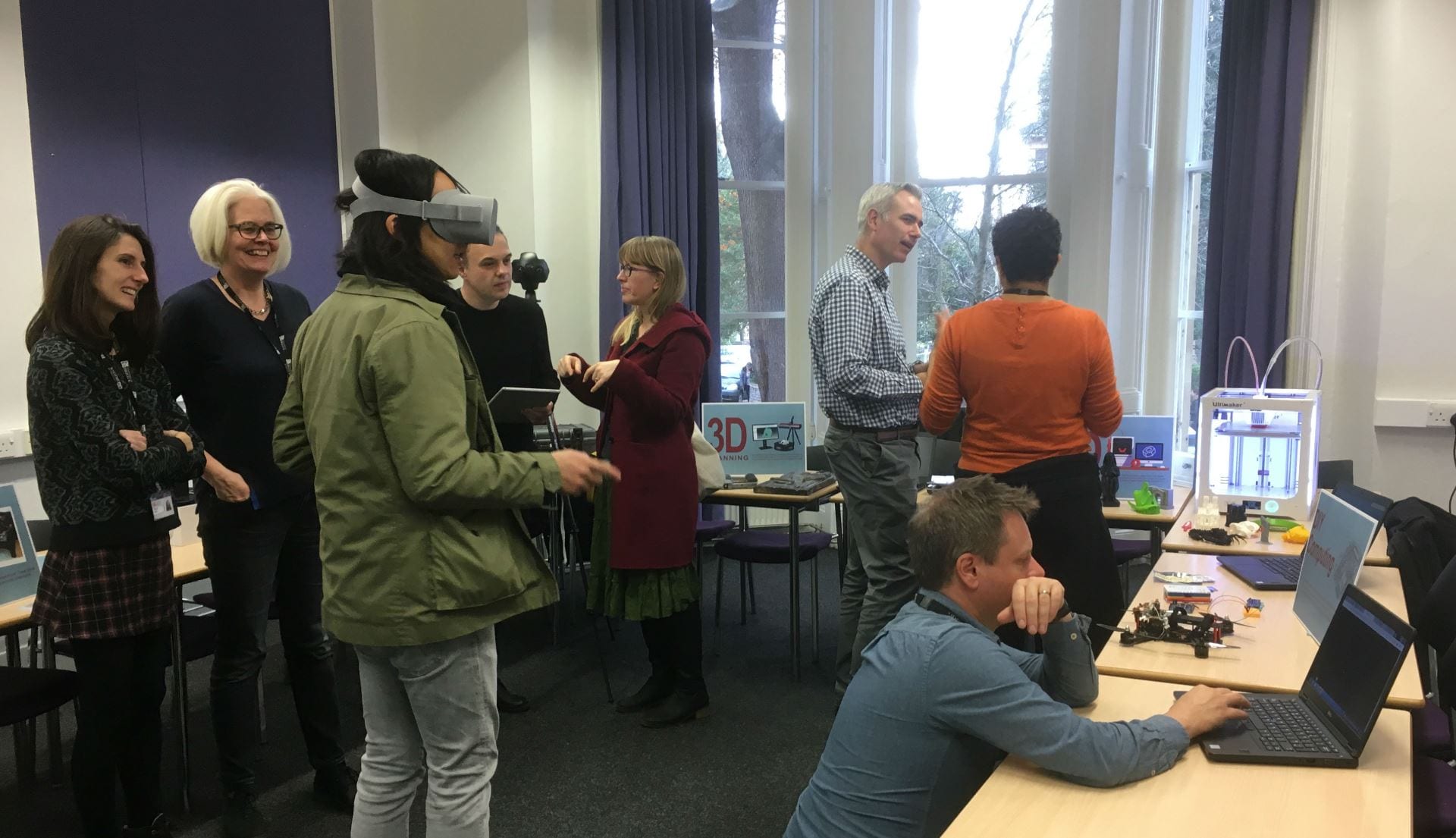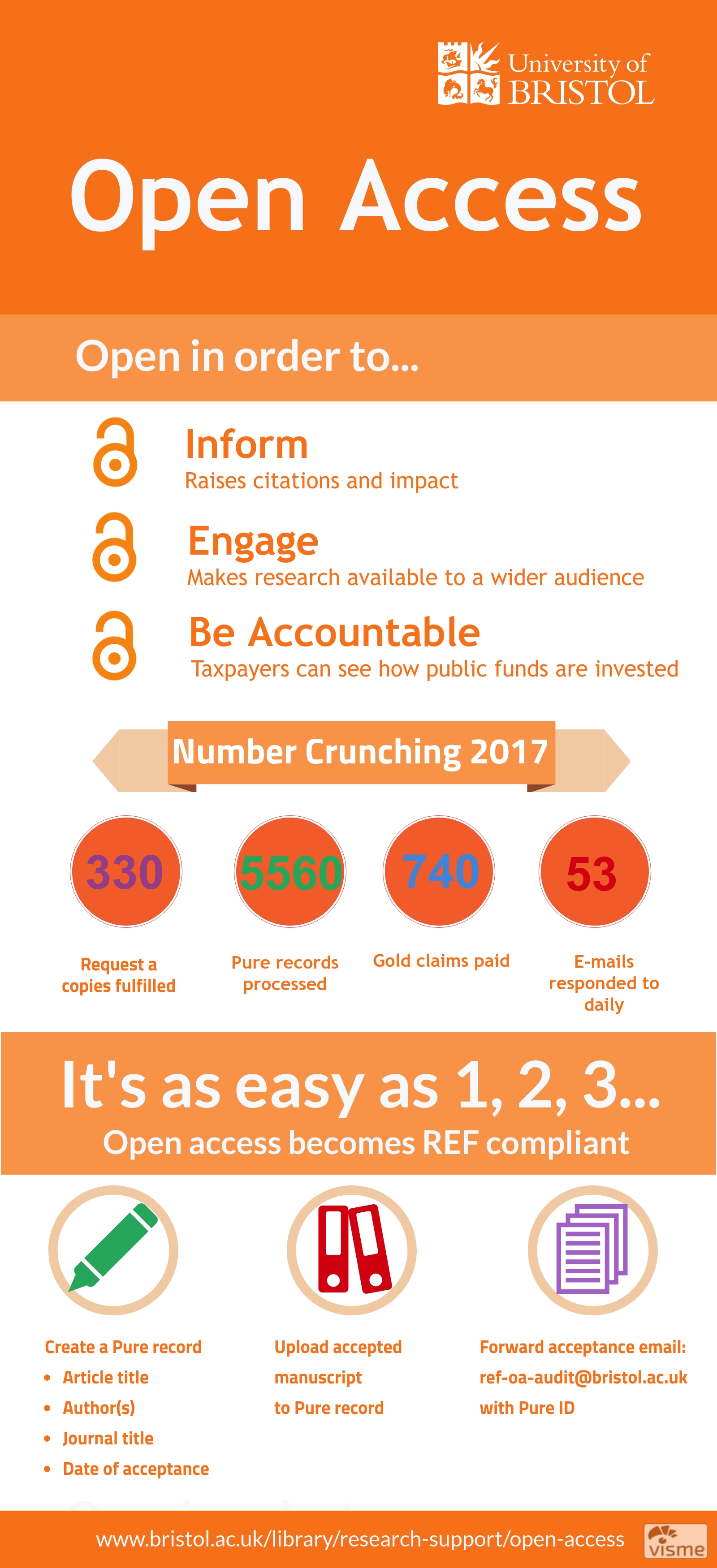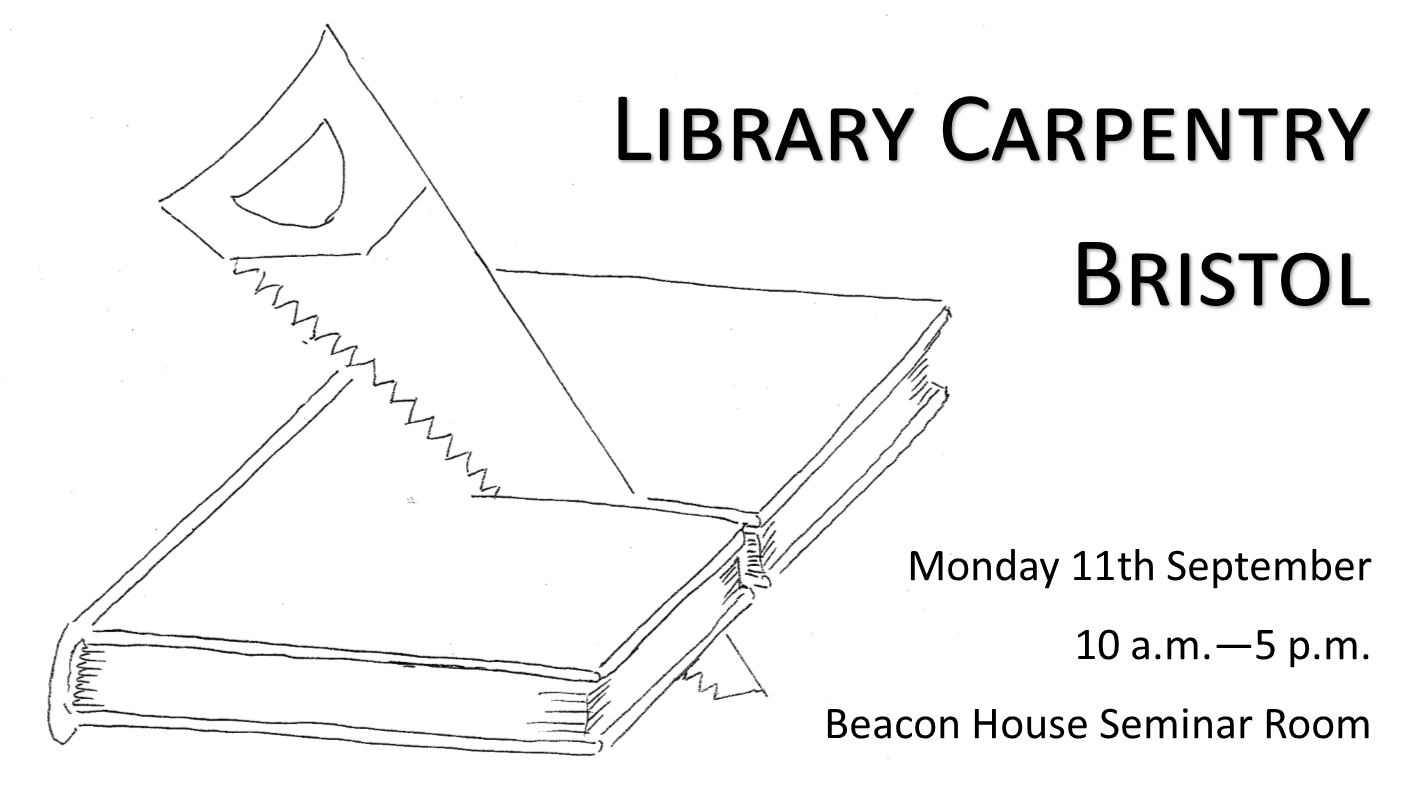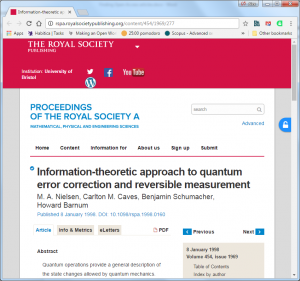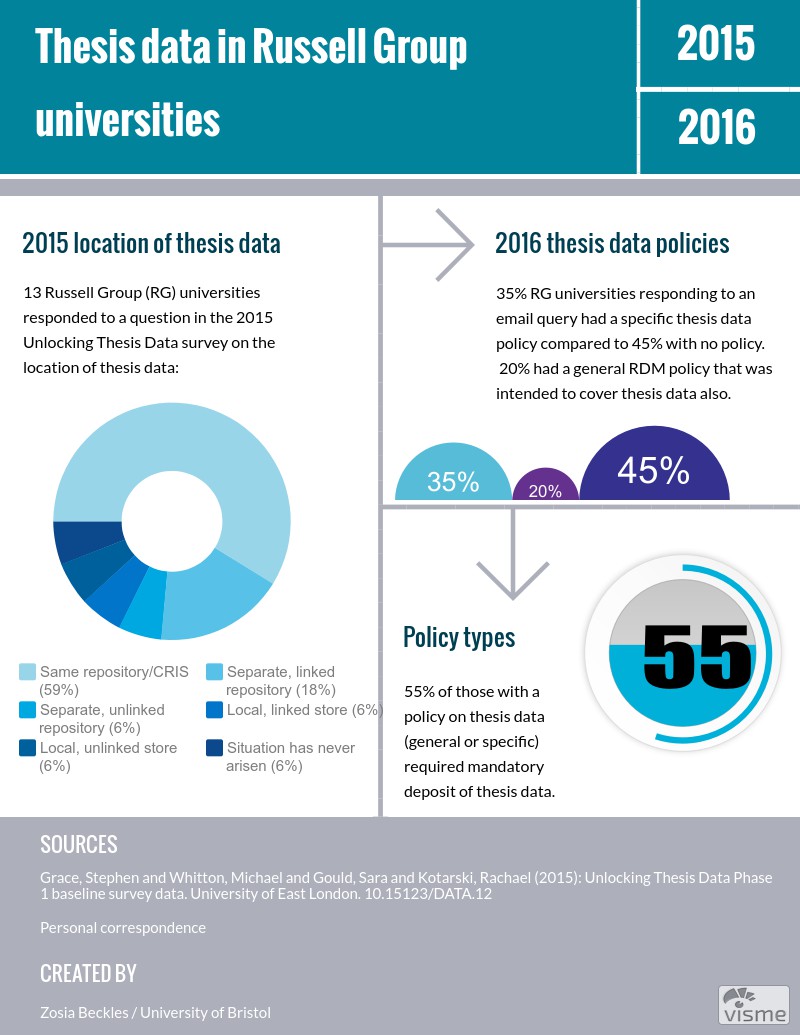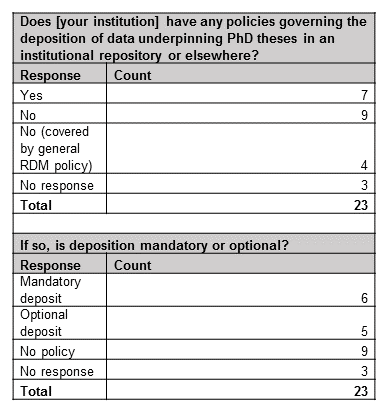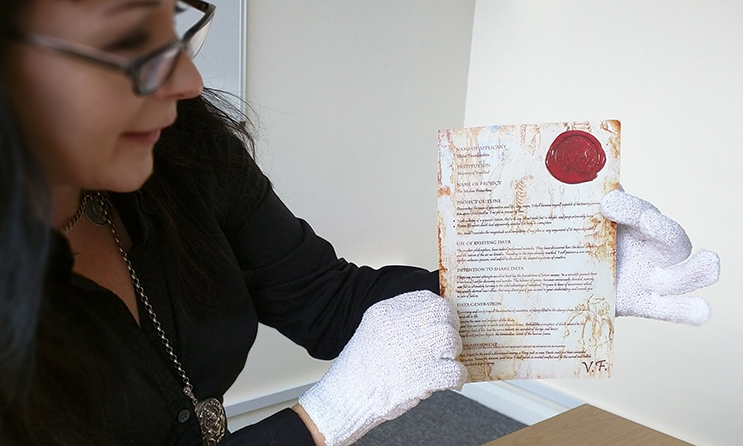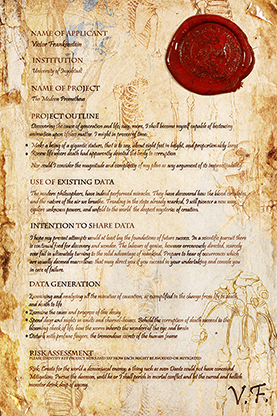Recently, the Library Research Support team hosted two drop-in events to showcase some of the digital technologies that have potential for use by researchers in the Arts Faculty. We wanted to explore how researchers might apply the different technologies to their own projects and to discover which they envisaged as being most useful, in order to inform planning for future developments in our Library service provision.
One of the technologies displayed was 3D digitisation. 3D digitisation can be achieved either by scanning an object, or by photogrammetry: a technique where many photographs are taken of an object and complied into a 3D representation by specialist software. The 3D representation may then be viewed on a screen, where it can be rotated to show all angles, or viewed in virtual reality, or printed in 3D.
A demonstration of 3D printing was in progress during the event and visitors saw and handled a variety of printed objects. Printed 3D objects allow tactile engagement with the subjects of research and may be used for study in order to preserve fragile originals, for experimentation, to demonstrate relative sizes, as models to cast to produce a facsimile, or for engagement or impact activities.
The DIY computing table featured a Raspberry Pi (a single-board microcomputer) and an Arduino (a programmable circuit board, or microcontroller, with the software to program it). These can be used for a variety of activities, including data visualization, automation, or controlling other devices, such as the Arduino-controlled drone also on display. There were examples of connectors and boards on which a microcomputer and components could be mounted, as well as a humidity sensor and a barometer, as examples of sensors that could be connected to a microcomputer.
Visitors to the event saw two examples of 360-degree video cameras, which may be used to record, for instance, performances, events, interiors or landscapes. 360-degree footage can be shown through a virtual reality headset, or alternatively on computers or mobile devices. Such videos may form research data or be a final output of research.
Our virtual reality headsets proved to be the most popular draw of the events. Visitors experienced VR representations of historic sites and interiors and watched 360-degree videos through the headsets. Great excitement (not to mention a touch of motion sickness) was apparent in those who travelled to Everest Base Camp in VR! VR may be used in research to study social situations, to explore environments, to watch performances, to view exhibitions or in training applications. Some of the researchers at the event talked to us about how reconstructing historical interiors would be useful in their work and there were also conversations exploring potential educational uses of VR.
As part of their visit to the event, researchers were asked to complete a survey to help us gauge interest in the different digital technologies and we will use this feedback to inform future planning. If you did not attend the event, but might be interested in using digital technologies in your research, we would be glad to hear your views via our survey.
Look out for a similar event for Social Scientists coming soon.

